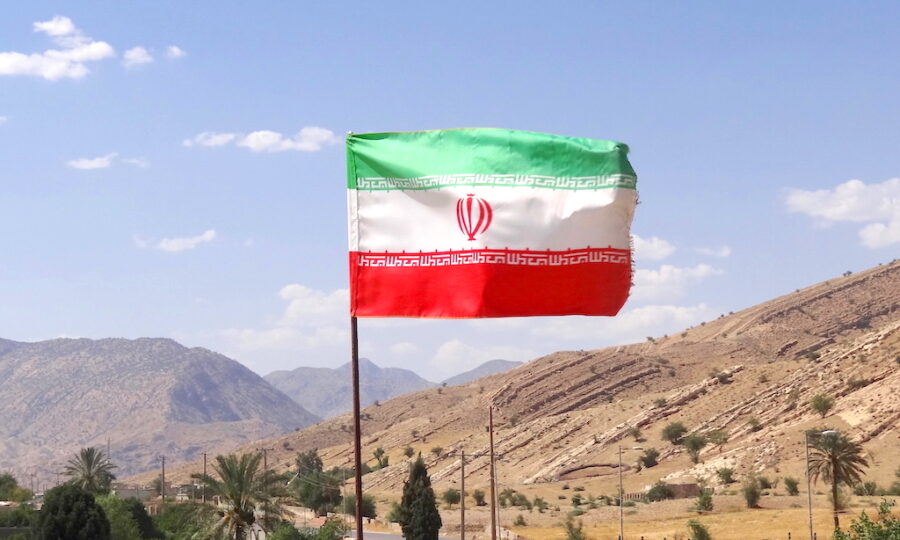On May 8, 2018, the President announced his decision to cease the United States’ participation in the Joint Comprehensive Plan of Action (JCPOA), and to begin re-imposing the U.S. nuclear-related sanctions that were lifted to effectuate the JCPOA sanctions relief, following a wind-down period. In conjunction with this announcement, the President issued a National Security Presidential Memorandum (NSPM) directing the U.S. Department of the Treasury and other Departments and Agencies to take the actions necessary to implement his decision.
Consistent with the President’s guidance, Departments and Agencies will begin the process of implementing 90-day and 180-day wind-down periods for activities involving Iran that were consistent with the U.S. sanctions relief specified in the JCPOA.
OFAC posted today to its website additional frequently asked questions (FAQs) that provide guidance on the sanctions that are to be re-imposed and the relevant wind-down periods.
Which sanctions will be re-imposed after the 90-day wind-down period ending on August 6, 2018?
After the 90-day wind down period ends on August 6, 2018, the U.S. government will reimpose the following sanctions that were lifted pursuant to the JCPOA, including sanctions on associated services related to the activities below:
- Sanctions on the purchase or acquisition of U.S. dollar banknotes by the Government of Iran; Issued on May 8, 2018
- Sanctions on Iran’s trade in gold or precious metals;
- Sanctions on the direct or indirect sale, supply, or transfer to or from Iran of graphite, raw, or semi-finished metals such as aluminum and steel, coal, and software for integrating industrial processes;
- Sanctions on significant transactions related to the purchase or sale of Iranian rials, or the maintenance of significant funds or accounts outside the territory of Iran denominated in the Iranian rial;
- Sanctions on the purchase, subscription to, or facilitation of the issuance of Iranian sovereign debt; and
- Sanctions on Iran’s automotive sector.
In addition, following the 90-day wind-down period that ends on August 6, 2018, the U.S. government will revoke the following JCPOA-related authorizations under U.S. primary sanctions regarding Iran:
- The importation into the United States of Iranian-origin carpets and foodstuffs and certain related financial transactions pursuant to general licenses under the Iranian Transactions and Sanctions Regulations, 31 C.F.R. part 560 (ITSR);
- Activities undertaken pursuant to specific licenses issued in connection with the Statement of Licensing Policy for Activities Related to the Export or Re-export to Iran of Commercial Passenger Aircraft and Related Parts and Services (JCPOA SLP); and
- Activities undertaken pursuant to General License I relating to contingent contracts for activities eligible for authorization under the JCPOA SLP. Persons engaging in the activities listed above undertaken pursuant to the U.S. sanctions relief provided for in the JCPOA should take the steps necessary to wind down those activities by August 6, 2018, to avoid exposure to sanctions or an enforcement action under U.S. law
Which sanctions will be re-imposed after the 180-day wind-down period ending on November 4, 2018?
Following the 180-day wind-down period ending on November 4, 2018, the U.S. government will re-impose the following sanctions that were lifted pursuant to the JCPOA, including sanctions on associated services related to the activities below:
- Sanctions on Iran’s port operators, and shipping and shipbuilding sectors, including on the Islamic Republic of Iran Shipping Lines (IRISL), South Shipping Line Iran, or their affiliates;
- Sanctions on petroleum-related transactions with, among others, the National Iranian Oil Company (NIOC), Naftiran Intertrade Company (NICO), and National Iranian Tanker Company (NITC), including the purchase of petroleum, petroleum products, or petrochemical products from Iran; Issued on May 8, 2018 3
- Sanctions on transactions by foreign financial institutions with the Central Bank of Iran and designated Iranian financial institutions under Section 1245 of the National Defense Authorization Act for Fiscal Year 2012 (NDAA);
- Sanctions on the provision of specialized financial messaging services to the Central Bank of Iran and Iranian financial institutions described in Section 104(c)(2)(E)(ii) of the Comprehensive Iran Sanctions and Divestment Act of 2010 (CISADA);
- Sanctions on the provision of underwriting services, insurance, or reinsurance; and
- Sanctions on Iran’s energy sector
Source:
https://www.treasury.gov/resource-center/sanctions/Programs/Documents/jcpoa_winddown_faqs.pdf
https://www.treasury.gov/resource-center/sanctions/Programs/pages/iran.aspx
Photo credit: https://www.flickr.com/photos/adam_jones/





